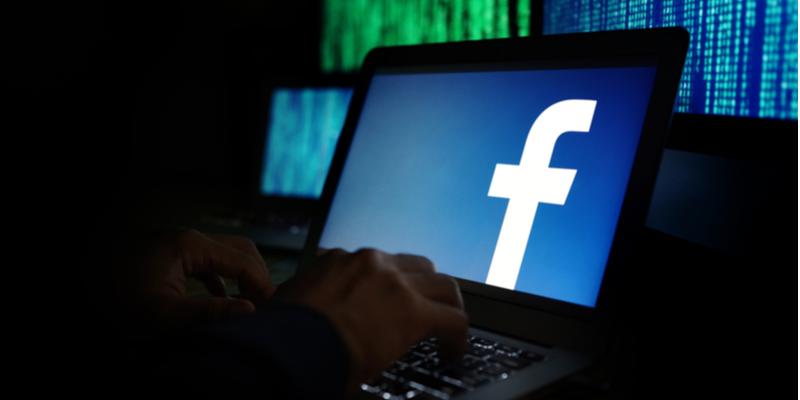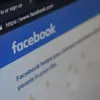Facebook won't ban political advertisements: Mark Zuckerberg
Stating that ads are an important element of voice, especially for candidates and advocacy groups, the CEO of Facebook asserted that the company's stance was not aimed at driving revenues.
Twitter may have decided to ban political ads on its platform, but Facebook has said it will not do so, stating that ads form an important part of the “voice” for candidates and advocacy groups.
Speaking on an investor call, Mark Zuckerberg, CEO of Facebook, said,
“In a democracy, I don't think it's right for private companies to censor politicians or the news. And although I've considered whether we should not carry these ads in the past and I'll continue to do so, on balance so far I've thought we should continue.”
He cited the examples of Google, YouTube, cable networks, and national broadcasters that also run political advertisements on their platforms.
Zuckerberg asserted that the company's stance was not aimed at driving revenues.

“I can assure you, from a business perspective, the controversy this creates far outweighs the very small per cent of our business that these political ads make up. We estimate these ads from politicians will be less than 0.5 per cent of our revenue next year. That's not why we're doing this... I believe the better approach is to work to increase transparency. Ads on Facebook are already more transparent than anywhere else,” he said.
The company has been under heavy scrutiny from lawmakers and regulators following incidents of user data breach and allegations that the platform was being used to spread misinformation during the 2016 US elections.
The company has also received sharp criticism from various quarters for allowing politicians and their campaigns to post almost anything, including false and misleading claims.
Facebook, which has undertaken a number of efforts in the past few years to deal with misinformation on the platform, said it is also testing the removal of 'like' counts on Instagram and Facebook to help people engage in meaningful interactions.
According to Facebook's Ad Library Report, in India, where the 17th Lok Sabha elections were held earlier this year, 1.21 lakh political ads with a total spending of more than Rs 26.5 crore were placed on the platform between February and May 15, 2019.
The Indian government had warned social media organisations of stern action if any attempt was made to influence the country's electoral process through “undesirable means”.
“Voice and expression have been important for progress throughout history. They've been important in the fight for democracy worldwide. I believe that voice and free expression are an important part of the path forward today, and that's why our company will continue standing for these principles,” Zuckerberg stated on the investor call.
Zuckerberg's comments assume significance as Twitter's CEO Jack Dorsey has announced that the company will stop all political advertisements on that platform globally. His decision comes into effect on November 22.
In a series of tweets, Dorsey had said the company believes the reach of political messages should be earned, and not bought. He had stated:
“A political message earns reach when people decide to follow an account or retweet. Paying for reach removes that decision, forcing highly optimised and targeted political messages on people. We believe this decision should not be compromised by money. Internet political ads present entirely new challenges to civic discourse: machine learning-based optimisation of messaging and micro-targeting, unchecked misleading information, and deep fakes. All at increasing velocity, sophistication, and overwhelming scale.”
Facebook, which has around 2.8 billion users globally across its family of apps, clocked $17.6 billion in revenue during the quarter ending September 2019.
(Edited by Athirupa Geetha Manichandar)












